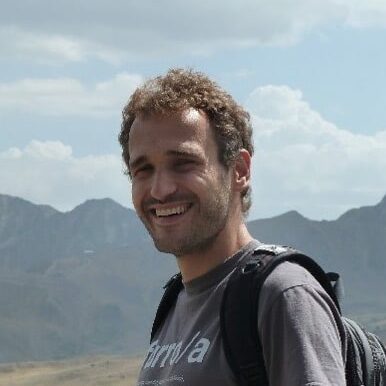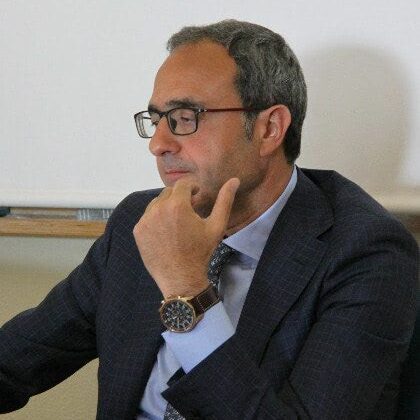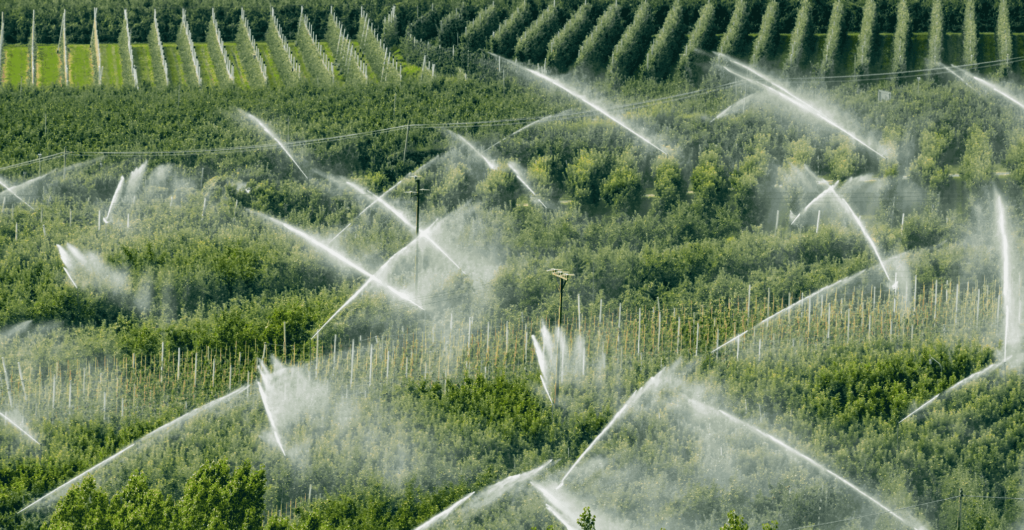Home » MedECC reports » Special Report Interlinking climate change with the Water – Energy – Food – Ecosystems (WEFE) nexus in the Mediterranean Basin » Chapter 4. Contributions of WEFE nexus to sustainability
Special Report Interlinking climate change with the Water - Energy - Food - Ecosystems (WEFE) nexus in the Mediterranean Basin
Chapter 4. Contributions of WEFE nexus to sustainability
Executive Summary
The Mediterranean region is grappling with significant challenges involving water insecurity (e.g. water stress), energy insecurity (e.g. electrification level), food insecurity (e.g. undernourishment and malnutrition), and ecosystem insecurity (e.g. biodiversity loss, deforestation and pollution). These challenges, amplified by climate change, have profound implications for sustainable development in the region, evidenced by the fact that most countries have yet to achieve, or are not progressing towards achieving the Sustainable Development Goals (SDGs) relating to food security (SDG 2 – zero hunger), water security (SDG 6 – clean water and sanitation), energy (SDG 7 – affordable and clean energy), and ecosystems, both marine ecosystems (SDG 14 – life below water) and terrestrial ecosystems (SDG 15 – life on land). Traditionally, the approaches and efforts to address sustainability challenges in the Mediterranean WEFE sectors have been supply-oriented, sector-focused, and fragmented, often failing to adequately consider the intricate interconnections between different resource systems. However, scholars and policymakers in the Mediterranean are increasingly acknowledging the need for systematic and integrated governance approaches and innovative tools to account for interdependencies between sustainability challenges and approach them holistically to address sustainable development challenges in the Mediterranean region. This need has prompted the emergence of integrated approaches for analysing and managing the interactions between components of the WEFE nexus and their trade-offs and synergies. The WEFE nexus has therefore evolved to focus on achieving SDGs by improving water, energy and food security, as well as the functionality of ecosystems through increasing the efficiency of resource use, reducing trade-offs, strengthening synergies, and enhancing governance across different sectors. However, existing research efforts and policy initiatives on the WEFE nexus in Mediterranean countries have tended to be conceptual, reaffirming the importance of the concept, but there is still a lack of concrete examples of the actual implementation of such an approach. This limited effective implementation of WEFE nexus approaches in the region can be attributed to the fact that WEFE nexus approaches are data-driven and require widely accessible information and reliable data, which in many cases underpin the implementation of nexus approaches.
To transition from conceptualisation to implementation of the WEFE nexus approach, it is essential to develop appropriate methodologies and indicators for measuring, monitoring, and examining progress. The operationalisation of the WEFE nexus approach involves methodological challenges. First and foremost is that there is no single methodology best suited for all WEFE nexus challenges and at all scales, due to the diverse nature of the addressed problems, different resolutions and boundary conditions. Moreover, there is the need to better integrate both nature and societal domains. Holistic, predictive, transferable and scalable methodologies represent the general features most appropriate for operationalising the WEFE nexus approach. Finally, when operationalising the WEFE nexus approach, it is crucial to consider the existence of trade-offs (conflicting goals) and synergies (mutually beneficial outcomes) between sectoral sustainability policies across the SDGs. An awareness of the interconnection between goals is essential for making informed decisions. Without this awareness, trade-offs may arise, and progress towards one sustainability target could potentially hinder advancements towards other targets. Therefore, sustainability policies that effectively balance the preservation of ecological integrity and the promotion of economic growth and social equity often result in more instances of synergistic interactions between different SDGs. WEFE nexus interventions that holistically address both ecological and socioeconomic concerns tend to yield positive outcomes across multiple goals.
How to cite the report
Contributors








